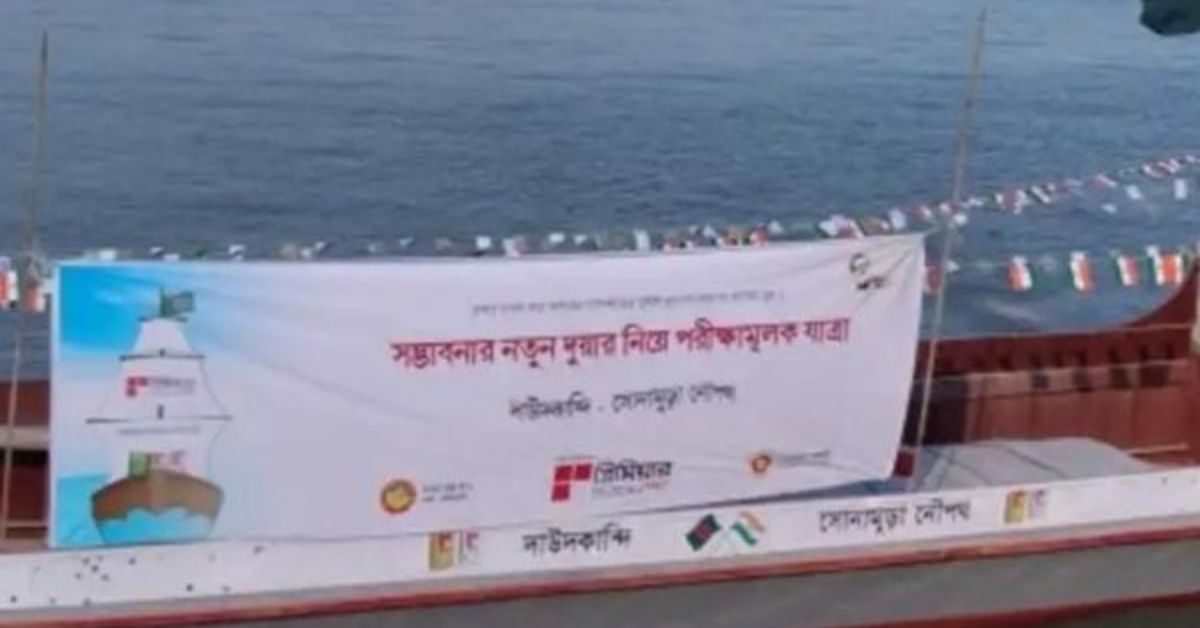New Delhi and Dhaka, which have pressed the pedal on boosting bilateral relations, will hold discussions on interlinking waterways — as part of the overall exercise that is aimed at improving multi-modal connectivity– in the next few weeks.
The two governments are also looking at starting a ‘roll on roll off’ service that facilitates carrying of vehicles including four wheeled cars and trucks that are driven onto the ship. A high-level delegation from Dhaka is slated to visit New Delhi by the month-end. Issues relating to cross border short haul trade and linking waterways with coastal shipping will also be discussed.
India and Bangladesh also share 54 transboundary rivers, including the Ganges and Brahmaputra.
Sources told India Narrative that the recent attacks on Hindu temples and Durga Puja pandals in Bangladesh are politically driven and may have been aimed to dislodge the current thrust of the two governments to deepen ties.
“These are political and temporary matters. I don’t think there will be any impact on bilateral dealings between the two countries. Our bilateral relations including trade is robust and will become even more robust in the coming years as Bangladesh is now set to move out of the LDC (United Nations’ least developed countries) list,” Bipul Chatterjee, Executive Director, CUTS International told India Narrative.
A World Bank report published in March said that seamless transport connectivity between India and Bangladesh has the potential to increase the national income of Dhaka and New Delhi by as much as 17 per cent and 8 per cent, respectively.
“The eastern sub-region is poised to become an economic growth pole for South Asia. An important component of this development potential is for countries to invest in connectivity — rail, inland waterways, and roads,” Junaid Ahmad, World Bank Country Director in India said in the report.
Highlighting that cross-border trade through inland waterways can support the livelihoods of riverine communities in India and Bangladesh, CUTS International said that South Asia is among the least integrated regions of the world, accounting for only about 2 per cent of world trade and 1.7 per cent of foreign direct investment.







